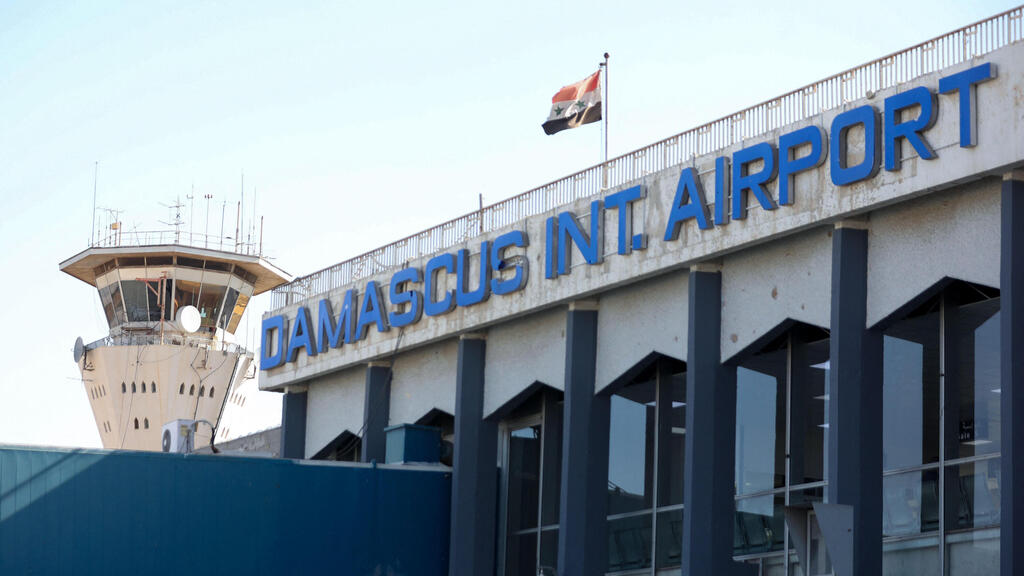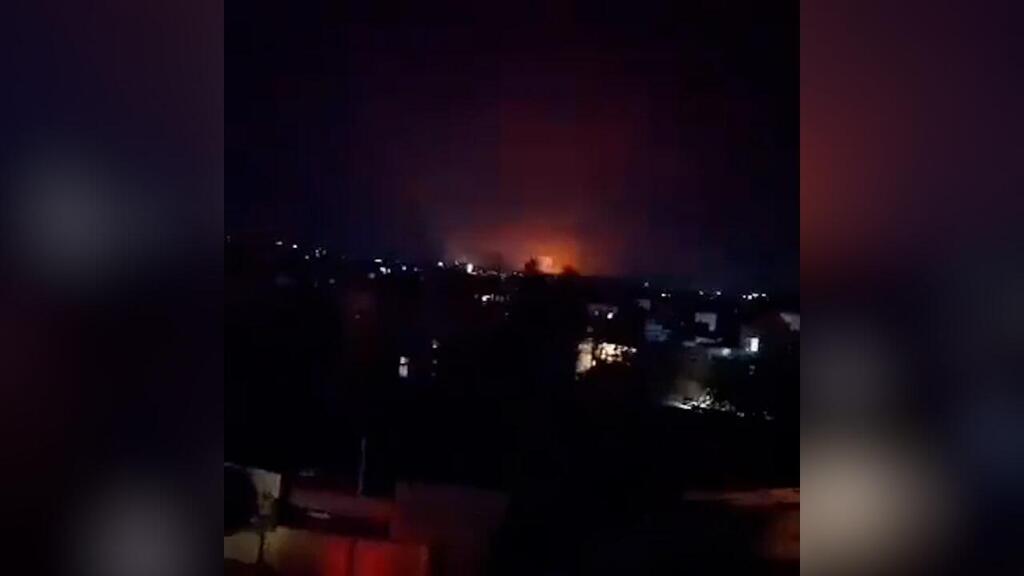Getting your Trinity Audio player ready...
It has been more than one month since Israel has carried out attacks in Syria, which prior to that had intensified in an apparent effort to disrupt Iran's increasing use of aerial supply lines to deliver arms to its allies in the region.
The last reported strike attributed to Israel took place on September 17 and targeted the Damascus International Airport. According to the Syrian media, that raid resulted in the deaths of five soldiers.
That attack was the third attributed to Israel in the span of two weeks, and came a week and a half after a strike on the Aleppo International Airport, where military targets were reported to have been hit.
According to reports, Israel severely damaged the airfield, which had just resumed operations following an earlier strike, and destroyed Iranian weapons storage facility.
But, Iran then began smuggling components for precision weaponry in hand luggage, making the challenge even more complicated.
On the record, Israeli officials say there is no policy change, and that no Russian pressure has been put to bear. The coordination with the Russians continues, they say, and Israel has the freedom to operate in the area if such need arises.
Unofficially, there could be a number of reasons for the lack of attacks recently.
There could be a dramatic reduction in Iranian smuggling of weapons through Syria, after several airports had been targeted and damaged. Also, perhaps the security threats surrounding the Karish natural gas field, prompted the military to slow down. Or, maybe the pending November 1 elections are in the back of the mind of decision makers who are approving such attacks.
Security officials said Israel would act if and when a significant transfer of weapons is detected. Will these threats come to fruition? Time will tell.



